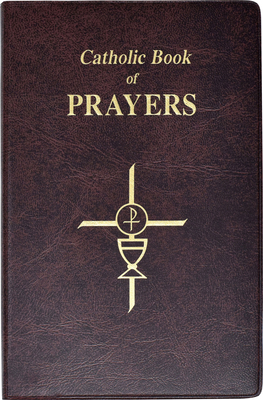
description
3Designed as a light-weight and field-portable reference booklet, Wild Edible Plants of Texas: Volume 1, highlights the Lone Star State's most important edible wild plants. To the point and understandable, this guide best suits the prepper or outdoor enthusiast in need of a salient introduction to the field. No fluff. Just the facts. A discussion of each plant's edible use and preparation is the publication's primary aim, though space is also given to range and habitat, medicinal uses (if applicable), cautions, and noteworthy special considerations. Helpful additions include sustenance ratings (low, medium, or high), collection timing and desired plant-part indicators, county-by-county map-images, over 160 color photos, and a general index. Some of the entries have a greater-than Texas range, however many are uniquely Texan and hail from a specific region. West Texas' Chihuahuan Desert, the Hill Country of the Edwards Plateau, the Plains of the Panhandle, and the Piney Woods and Swamplands of the state's Coastal Plain all are botanically represented. Plant List: Agave, Algerita, Amaranth, Arrowhead, Black Cherry, Blackberry, Bumelia, Cattail, Cholla, Dayflower, Devil's Claw, Dewberry, Dock, Dwarf Palmetto, Elder, Flameflower, Graythorn, Ground Cherry, Hackberry, Hickory, Indian Strawberry, Kudzu, Lambsquarters, Lemonade Berry, London Rocket, Lotus, Madrone, Mallow, Mesquite, Mulberry, Nettle, Oak, Passionflower, Pawpaw, Pecan, Pennywort, Persimmon, Pokeweed, Prickly Pear, Redbud, Rusty Blackhaw, Sorrel, Spring Beauty, Sugarberry, Thistle, Turk's Cap, Walnut, Wild Gourd, Wild Grape, Wild Oats, Wild Onion, Wild Plum, Wild Sunflower, Winecup, Yaupon Holly, Yellow Nutsedge, Yucca (Fruit), and Yucca (Stalk).
member goods
No member items were found under this heading.
listens & views

CLUB REMIXES: DANCE 2 THIS ...
by CLUB REMIXES: DANCE 2 THIS / VARIOUS
COMPACT DISCout of stock
$4.75

SYMPHONY IN A MAJOR: SYM ...
by STAMITZ,JOHANN / STAMITZ,CARL / STRAUSS / MANNHEIM
COMPACT DISC$17.75
Return Policy
All sales are final
Shipping
No special shipping considerations available.
Shipping fees determined at checkout.





